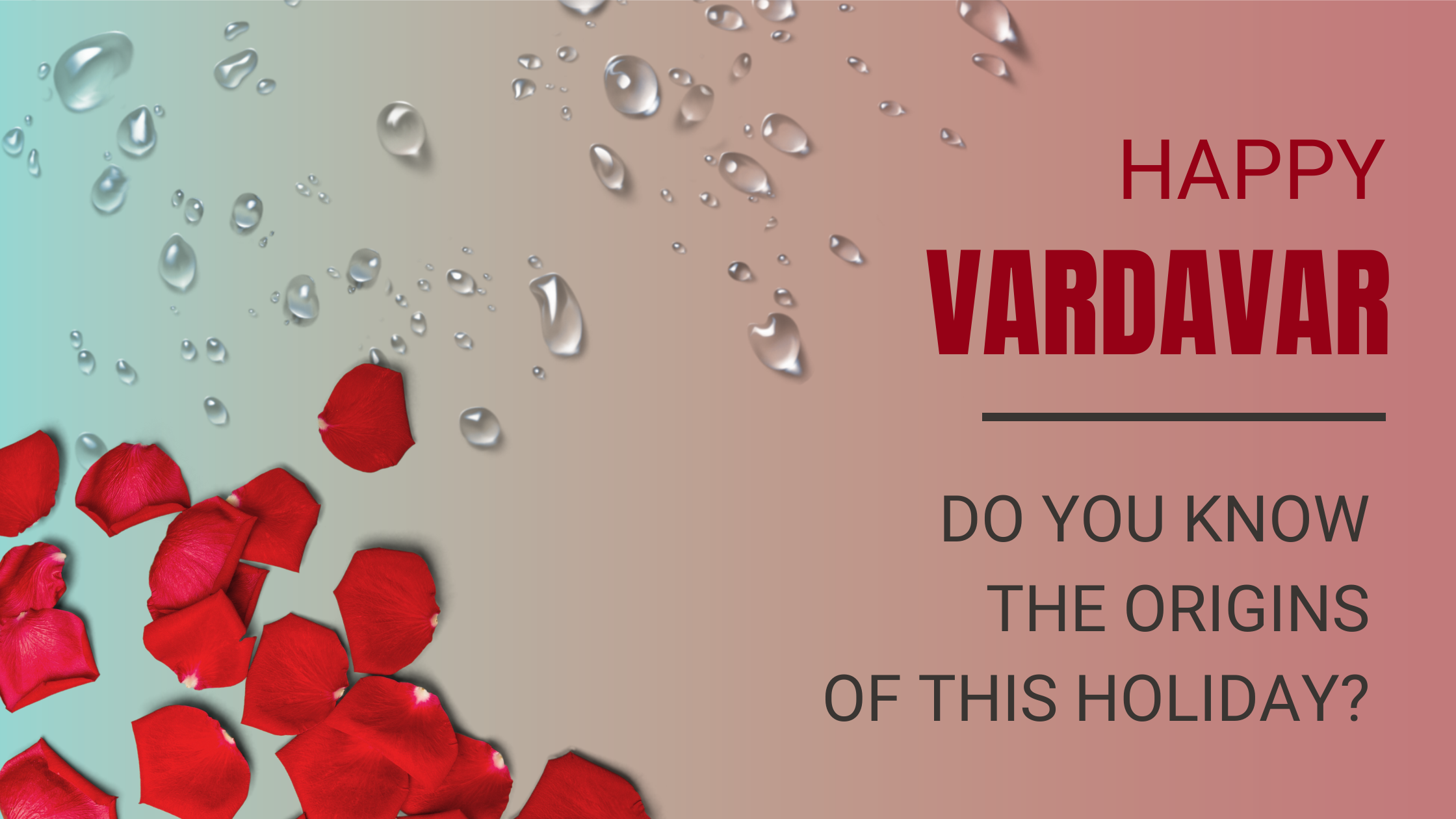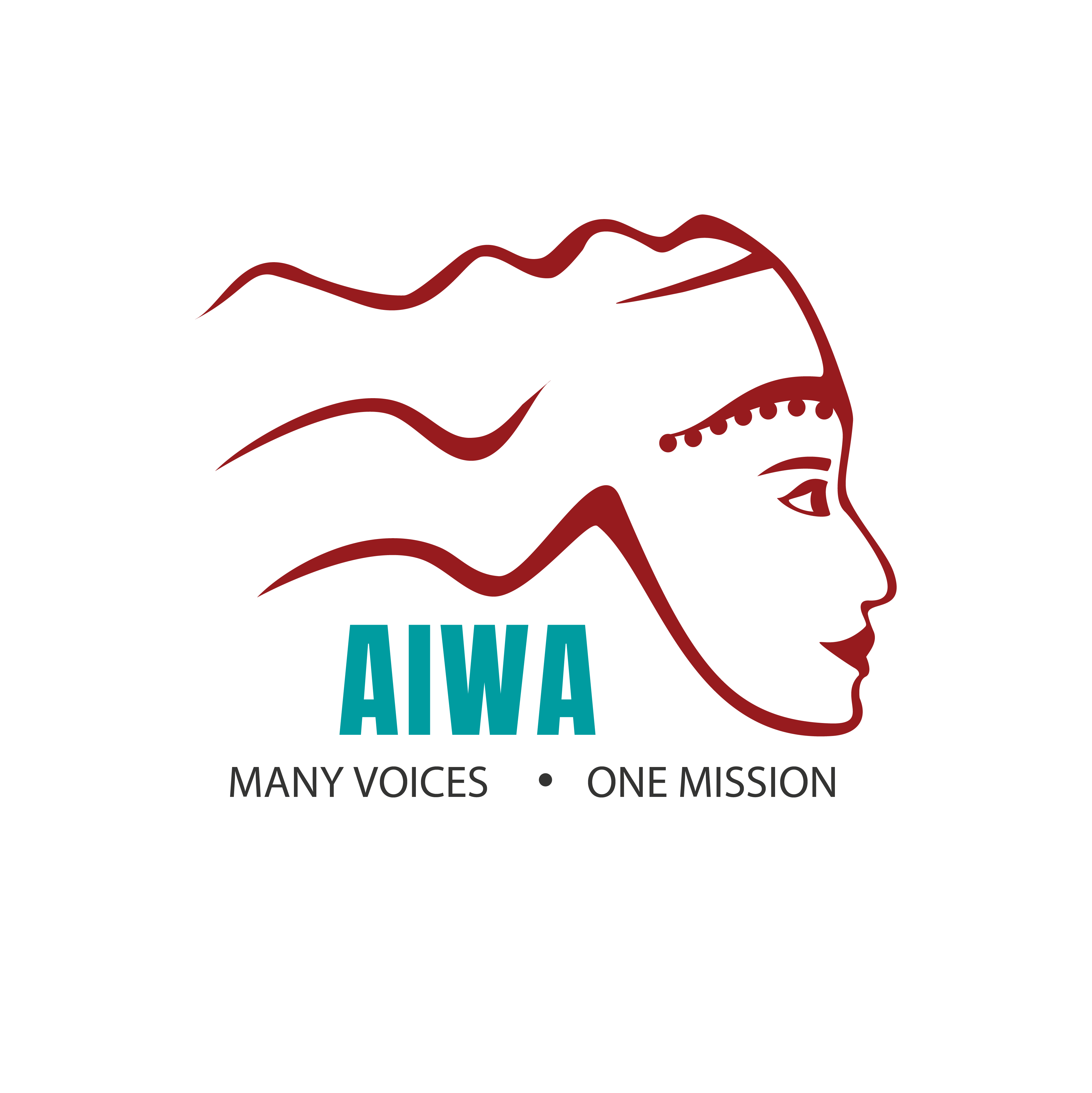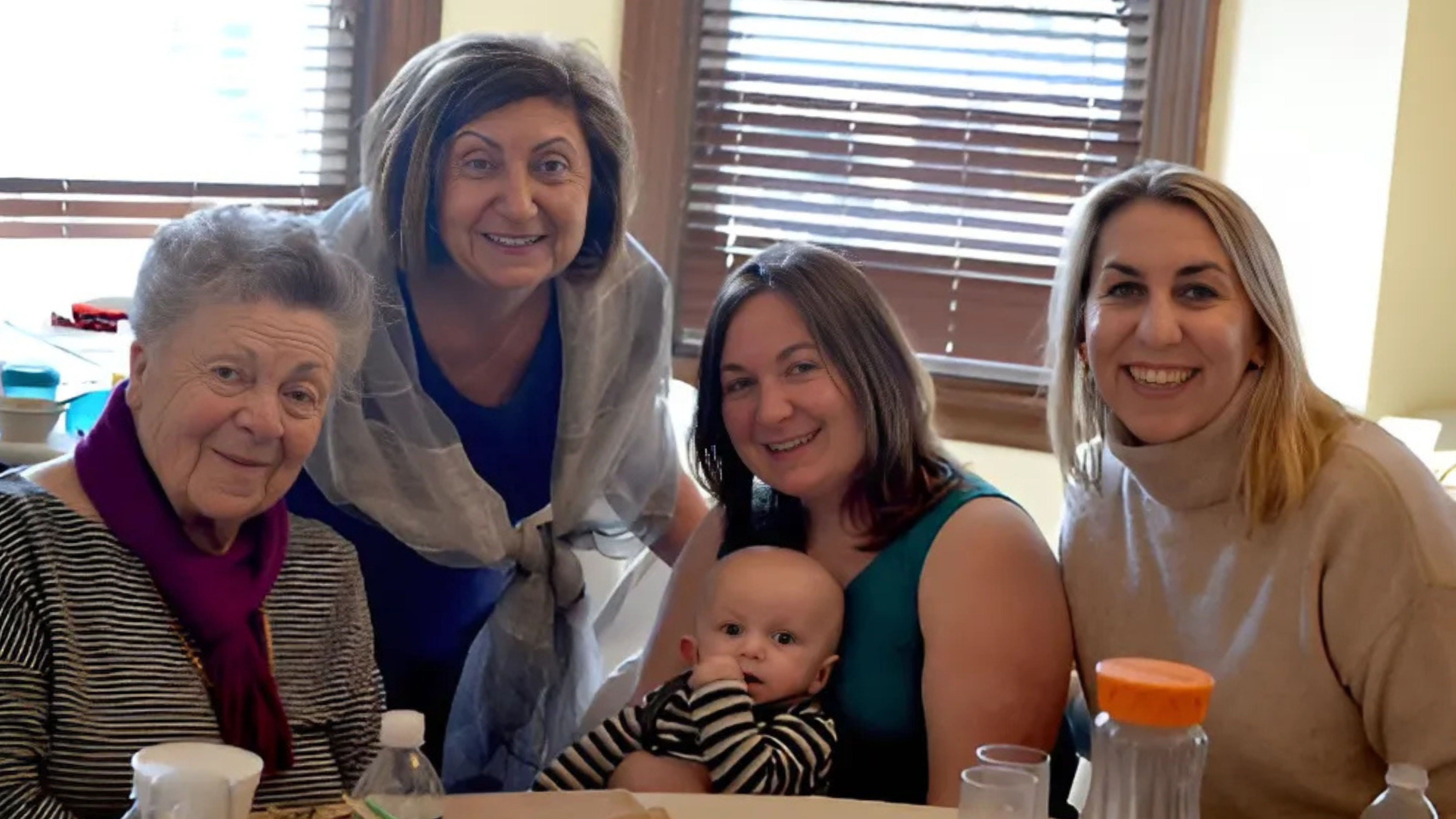
Originally, with roots in pagan mythology, “Vardavar” was a holiday dedicated to the goddess “Astghik”; the goddess of water, fertility, beauty, and love.
The word “Vardavar” means offering roses, and the holiday was given this name because the goddess Astghik used to present roses and spray water with the intent of honoring the god of fire and war; “Vahagn”, and spreading love.
After Armenians adopted Christianity in the year 301 AD, Vardavar became part of the Armenian Apostolic Church, and was included in the church calendar. The holiday comes 98 days and 14weeks after Easter.
With time, the holiday was celebrated after fieldwork and the gathering of grain, when it was a tradition for people to offer bouquets of roses to the temple of Astghik and sprinkle water in that area in order to thank the gods for supporting the growth of seeds, and to wash away evil.


Today, Armenians still celebrate the holiday by splashing water on each other, literally everywhere. Bowls and buckets get poured from windows onto unsuspecting passerby(s) below.
In fact, it’s unusual to not get wet on that day, and people often feel lucky when they’re splashed with water.
The holiday also requires lighting fires on mountaintops, symbolizing the resurrection of Jesus which happened on a high hill.
Moreover, some traditional foods are associated with this special day; such as “Nazook” ; which is a popular Armenian pastry made from flour, butter, sugar, sour cream, yeast and eggs, with a filling often made of nuts. (Nazook Recipe)
Another part of the holiday in Armenia is to visit cemeteries the following day as a symbol of honor to the dead. Armenians believe that they should share their joy and events with the dead, because they still are parts of their lives.
So, if you’re in Armenia on the 24th of July, make sure to have extra clothes, you’ll likely get soaked.
Source: https://www.smithsonianmag.com/smithsonian-institution/when-point-splashy-holiday-getting-wet-180969520/




